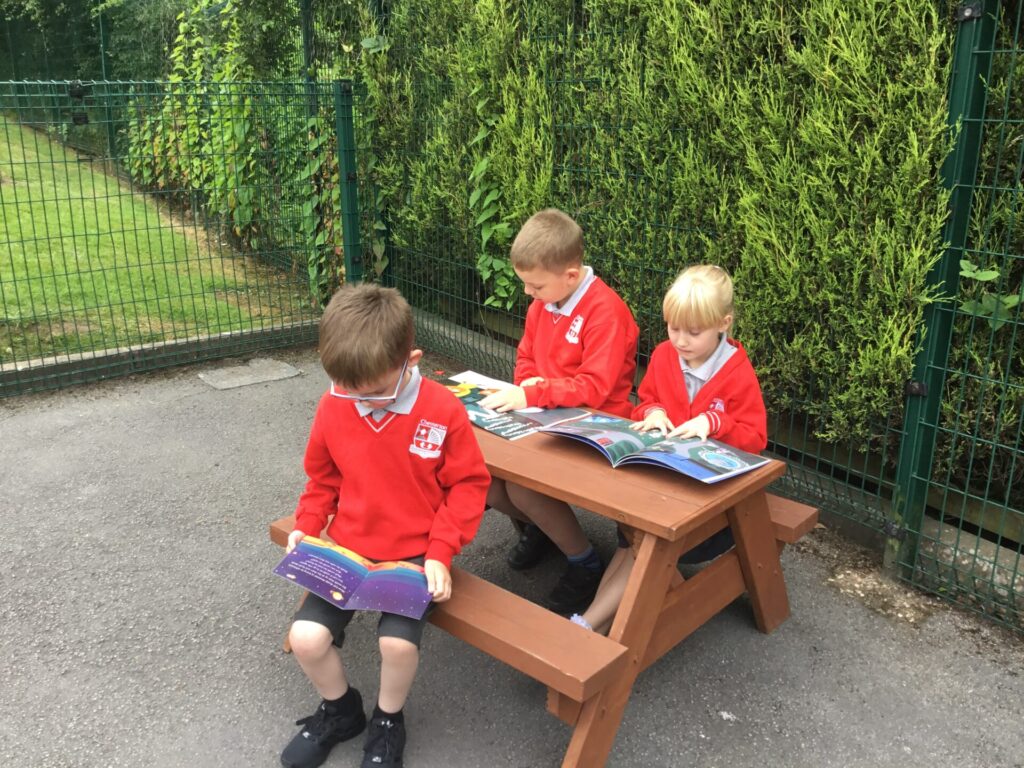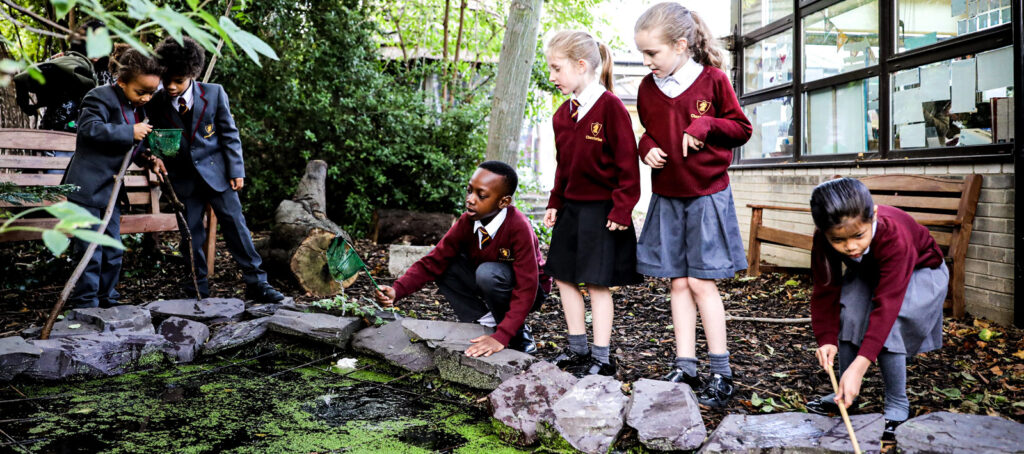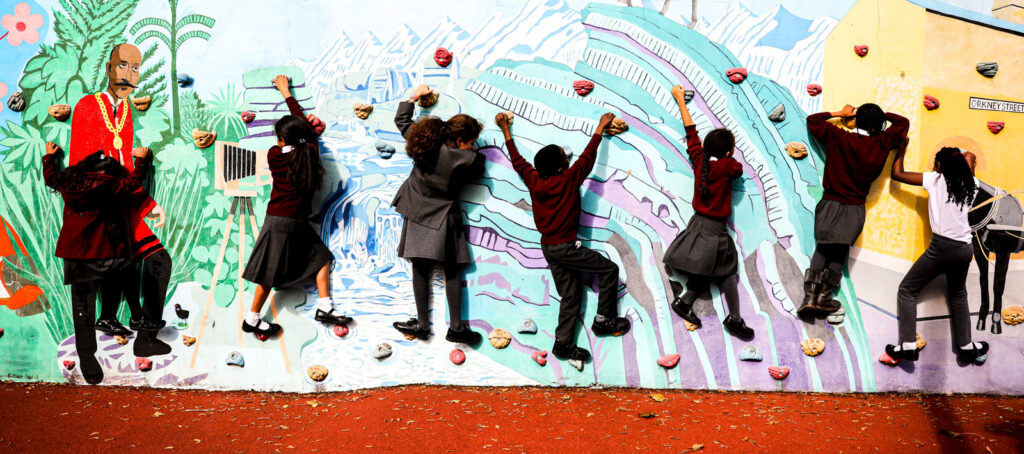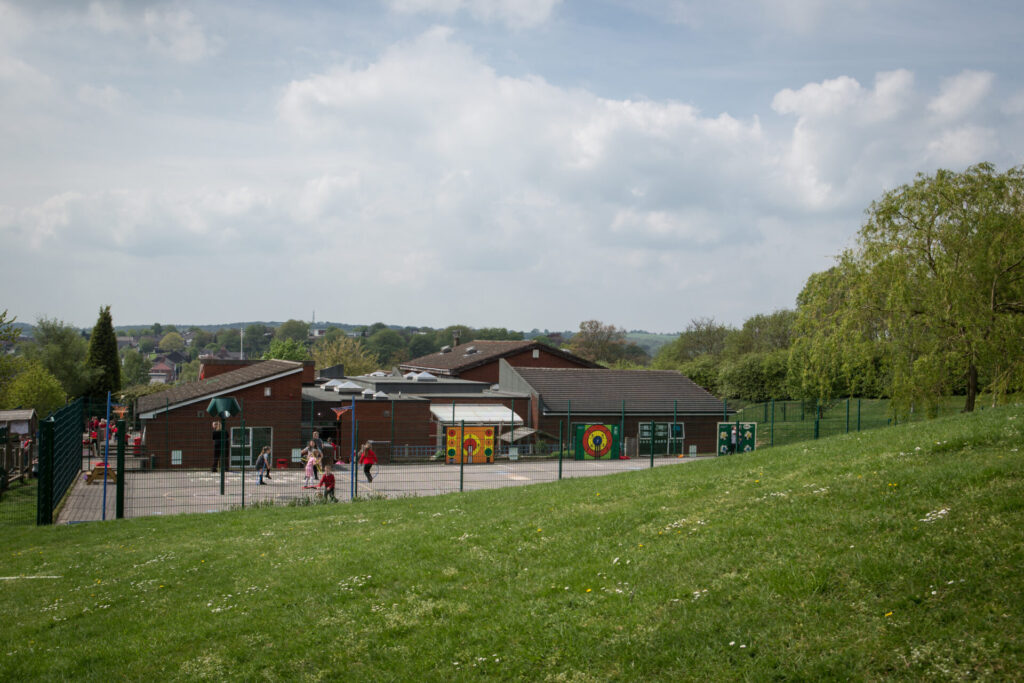
Stella Formosa – Head Teacher, Chesterton Primary
Case Study
Within two years, Chesterton Primary based in Newcastle-Under-Lyme, Staffordshire, has gone from being deemed ‘inadequate’ in its Ofsted inspection, to being classed as a ‘good’ school with outstanding attitudes and behaviour. This transformation is even more remarkable considering these dramatic improvements were made during the pandemic and that two thirds of Chesterton Primary’s intake are pupil premium students.
Stella Formosa, Head Teacher, Chesterton Primary explains: “Since I joined Chesterton Primary, our team have pulled together to implement some significant changes. We went right back to basics and ensured everything we planned would benefit all the children and support each individual child’s emerging needs. I’d inherited some good staff and also brought in new team members. We went through everything, every process from front office to back. I appointed a full-time caretaker to work on the building – redecorating and recarpeting across the school and working with the Collective Vision Trust site time to develop the equipment in the playgrounds. It was a case of breathing new life into the school, setting expectations and achieving consistency throughout every aspect of school life.
“From an academic perspective we focused on reading and maths, building a curriculum based around crucial knowledge. We got ahead of the game by developing the crucial knowledge curriculum as part of early year teaching in March 2021. This means children will now have firm building blocks of knowledge and transferable skills to take into Key Stage One.”

“We also consolidated the number of initiatives at the school. When I started, there were so many applications and logins it was causing confusion, and nothing was being done really well. We stripped these back to the essentials to ensure children were not bombarded with confusing initiatives and that every lesson and EdTech implementation counts.“
“One of the initiatives we did keep however, was our long-term relationship with Whizz Education and whole school access to the company’s virtual tutor Maths-Whizz as a tool and an enabler to help our teachers deliver improved learning outcomes in maths. We are part of the Collective Vision Trust and the Trust’s CEO, Lyn Jackson, is also a maths teacher so this has helped us gain financial support to ensure all our year 3,4,5 & 6 students now have an allocated iPad, and this has removed some barriers to learning which existed before.“
“In the past, we have arranged capacity building training sessions with our Whizz Education’s success partner to ensure all the teachers understood the capabilities of the virtual tutor. Now our Whizz lead, Bernie Birks also coordinates to help with training of any new staff.“
“Maths-Whizz is accessed during planned lessons and for homework. It provides a personalised, independent experience tailored to each child’s age and stage of learning. The powerful AI adapts to the individual’s pace of learning and identifies strengths and weaknesses throughout the curriculum. It then tailors lessons to ensure weaker areas are worked on and progress is achieved across all areas of maths.“

“Most of our classes include two 30-minute sessions with Maths-Whizz per week plus 30-45 minutes homework depending on year group. Systematic rewards are in place to encourage engagement.“
“The data the virtual tutor provides is one aspect which sets it apart. The data identifies any learning gaps, which can be addressed on a class or individual basis during class lessons or through the Topic Focus function. In this way, crucial knowledge can be cemented and any gaps filled. The data output for the tech platform along with qualitive insights are used to draw tangible insights. We monitor each child’s progress and use a colour coordinated spreadsheet to assess and highlight those who have completed their weekly targets and those that need intervention or more encouragement.“
“During the lockdowns, Maths-Whizz was an essential tool when children were unable to access anything else. Because it was already well embedded, we found it was comforting and familiar for children during challenging times and they could still progress with maths.“
“The children also find Maths-Whizz great fun. For a subject that could easily become staid and boring, the creative elements of the tutor mean children think they are playing games, but they really are learning all the time. They also love the prizes and teachers’ comments and the level of individual feedback on screen. We highlight winning classes in terms of usage and progressions on our internal messaging system and provide certificates and trophies to encourage engagement and motivation.“
“It’s been a time of unprecedented pressure for both students and teachers during COVID, and being able to continue to implement a systemic, consistent approach across all classes for planned lessons has been helpful. The tutor is also great to create ‘settling’ time when children first enter the classroom. Its familiarity means they can sit down and start work straight away. In this way we have found that Maths-Whizz often offers a quiet space to concentrate.“

“When set for independent study, it’s not seen as homework for homework’s sake. Children can observe how they are progressing, and this is valuable. They are stronger mathematicians for it.“
“We’ve now also introduced Maths-Whizz to our early years students too, so they are already learning the basics of the curriculum and are familiar with the tutor. For the future, we will work with Whizz Education on arranging more parental engagement sessions to ensure more buy-in to the system at every level.“
“Working with Whizz Education’s programme and services has benefited the school and made significant improvements to the learning outcomes for our students in maths. It’s kept children thinking about and progressing with maths despite all the recent disruptions due to COVID. Maths-Whizz has certainly helped make maths count and raised the profile of this key subject within our school.“
“If I had to provide any advice for other schools looking to make improvements in their use of EdTech, it would be to focus on one or two good initiatives and make these work well. Ensure everything is done for a reason and consistency is achieved. Set expectations. At Chesterton we went back to the basics and removed barriers to learning in order to move forwards. This familiarity has ensured continuous progression and transformation across our school.”

